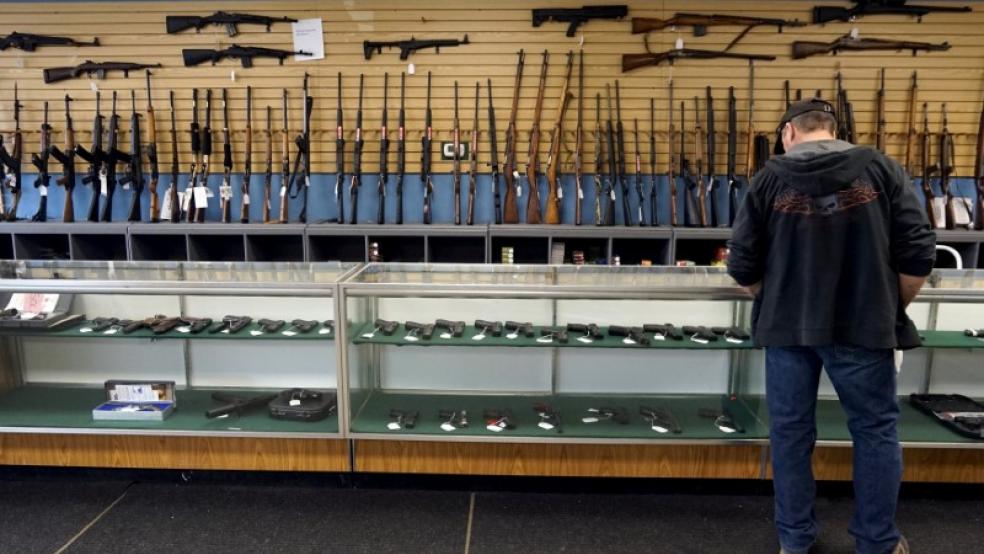A bipartisan group of senators over the weekend announced an agreement on a framework for gun safety legislation, and although there’s still a lot of work to do to hammer out the details, it looks like the bill would send billions of federal dollars to the states to assist in implementing new rules and procedures.
While the framework falls well short of what many gun control advocates have called for – it does not ban AR-15 rifles or high-capacity magazines, for example, nor does it mandate universal background checks – it does provide some new limits on gun purchases and access.
“We cannot let the congressional perfect be the enemy of the good,” said Sen. Richard Durbin (D-IL), who wants to ban the sale of military-type weapons. “Though this agreement falls short in this and other respects, it can and will make our nation safer.”
Here are some of the key elements in the framework, most of which would require federal funding:
* Red flag laws: The federal government would fund efforts at the state level to pass new laws empowering officials to restrict gun access for those who have been determined to be a threat. The 19 states that already have such laws would receive additional funding to improve their effectiveness.
* Enhanced school safety: The agreement calls for new programs “to help institute safety measures in and around primary and secondary schools” and to support “school violence prevention efforts,” including training for teachers and school officials.
* Enhanced review for gun buyers under 21: Those between the ages of 18 and 21 would receive more scrutiny when purchasing some weapons, including the AR-15 rifle that has been used in so many mass shootings. The National Instant Criminal Background Check System would be required to contact state and local officials to have them search for mental health or juvenile records that would disqualify these younger buyers.
* Mental health services: The proposal calls for “major investments to increase access to mental health and suicide prevention programs; and other support services available in the community, including crisis and trauma intervention and recovery.”
The framework also calls for imposing stricter rules on gun ownership for those who have been convicted of domestic violence and clarifying the definition of who qualifies as a federally licensed arms dealer, with the goal of increasing the number of background checks in the system.
What’s next: Lots of negotiating, with no guarantee of success. But the handshake agreement itself is providing some lawmakers with the hope that they can work together on important issues like gun violence. “When we put our partisan differences aside and focus on what’s best for the American people, the Senate is capable of making a substantial, positive impact in our society,” Sen. Chris Coons (D-DE) said. “This is a step forward for the Senate, and if this proposal becomes law, will be a much bigger step forward for gun violence prevention and our nation.”




